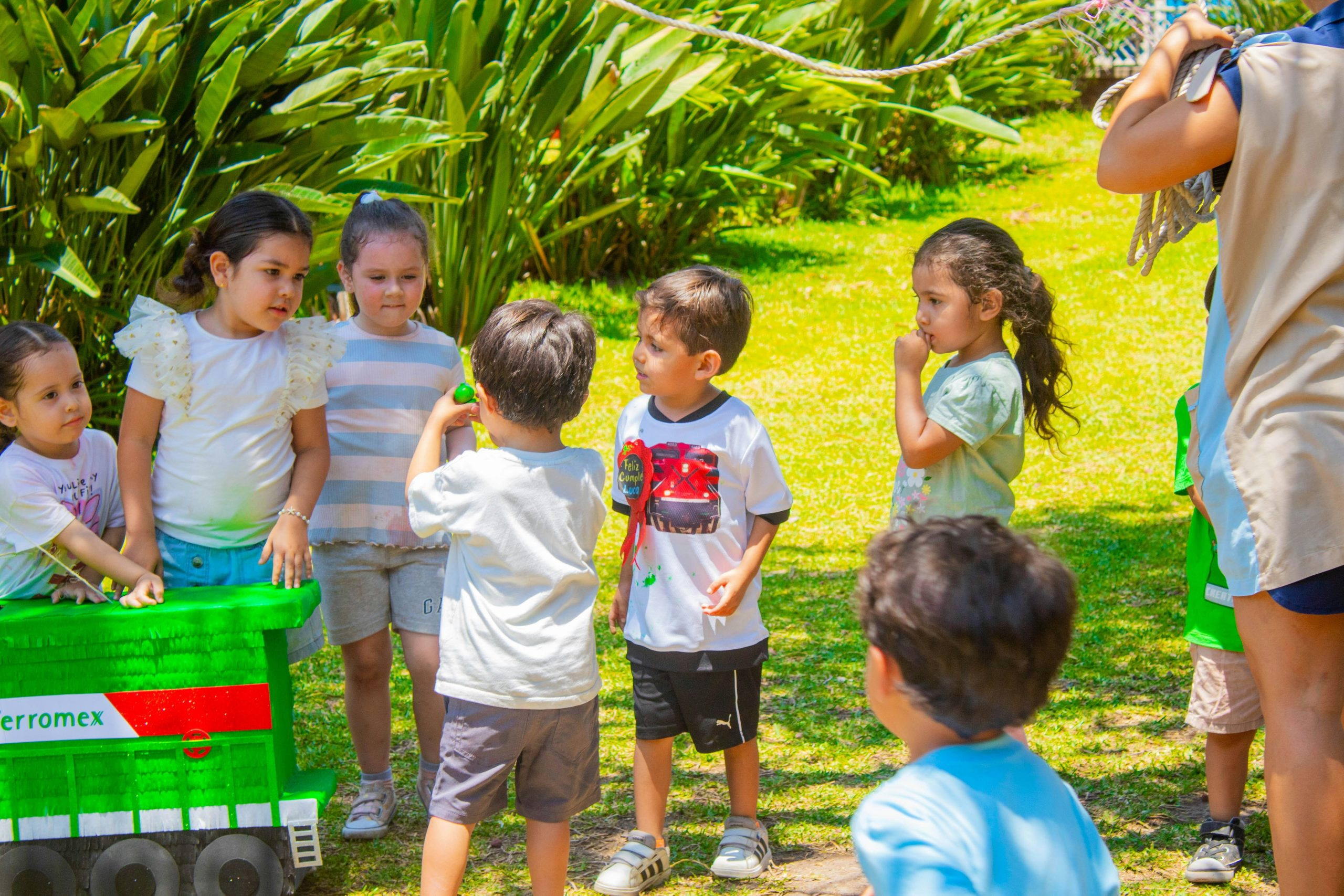Why play-based learning is crucial for early development
As parents, caregivers, and educators, we all want our children to reach their full potential and excel in their academic and personal lives. And when it comes to early development, it’s important to lay a strong foundation for future learning and growth. This is where play-based learning comes in.
The Importance of Early Development
Early development refers to the physical, cognitive, emotional, and social growth that occurs in the first few years of a child’s life. It is during this critical period that the brain develops rapidly, forming connections and pathways that will shape a child’s development for the rest of their lives. This is why providing the right stimulation and experiences during this time is crucial for a child’s overall well-being and success.
What is Play-Based Learning?
Play-based learning is an approach to education that involves utilizing play as a means of teaching and learning. It is centered around the idea that children learn best through active engagement and exploration, with the ability to make choices and follow their interests.
In play-based learning, children use their imaginations and creativity to explore and discover the world around them. It can take many forms, including unstructured free play, guided play, and even structured play-based activities and games.
The Benefits of Play-Based Learning
There are numerous benefits of play-based learning, especially in terms of early development. Here are some of the most significant advantages:
1. Encourages Cognitive Development
Play-based learning provides ample opportunities for children to think critically and creatively. By actively participating in games and activities, children are able to problem-solve, make decisions, and use their imagination to come up with new ideas. This helps to develop their cognitive skills, such as memory, attention, and reasoning.
2. Develops Social and Emotional Skills
Playing with others allows children to develop important social skills, such as communication, cooperation, and empathy. Through play, children also learn how to manage their emotions and express themselves in a healthy and positive way. This is particularly important for early development, as it sets the foundation for healthy relationships and emotional well-being in the future.
3. Fosters Physical Development
Many play-based activities involve physical movement, which is essential for the development of gross and fine motor skills. Through play, children can improve their coordination, balance, and strength, which are crucial for early development and overall physical health.
4. Promotes Language and Literacy Skills
Play-based learning also plays a significant role in language and literacy development. By engaging in various activities, children are exposed to new vocabulary, learn to follow instructions, and develop their listening and speaking skills. This sets the foundation for future academic success, as language and literacy are essential skills for learning.
Incorporating Play-Based Learning into Early Education
Play-based learning has become increasingly popular in early education settings, such as preschools and kindergartens. However, it’s also important for parents to incorporate play-based activities at home to support their child’s development.
Here are a few tips for incorporating play-based learning into your child’s daily routine:
1. Provide Open-Ended Toys and Materials
Open-ended toys, such as blocks, wooden puzzles, and playdough, allow children to explore and create without any specific instructions. This encourages imagination and creativity, and also helps develop problem-solving skills.
2. Encourage Outdoor Play
Playing outdoors is not only fun but also essential for a child’s development. Outdoor activities, such as running, jumping, and climbing, help develop gross motor skills and promote physical health.
3. Engage in Pretend Play
Pretend play or make-believe is an essential aspect of play-based learning. Children can use their imaginations and role-play to explore different scenarios and develop their language, cognitive, and social skills.
4. Follow Your Child’s Lead
Listen to your child’s interests and allow them to take the lead in play-based activities. This not only promotes their independence but also helps them develop a love for learning.
Final Thoughts
Play-based learning is an essential part of early childhood education, and for good reason. It provides a safe and fun environment for children to explore, discover, and learn important skills that will benefit them for the rest of their lives. So, let’s encourage and support play-based learning for our little ones, and watch them grow and thrive!










